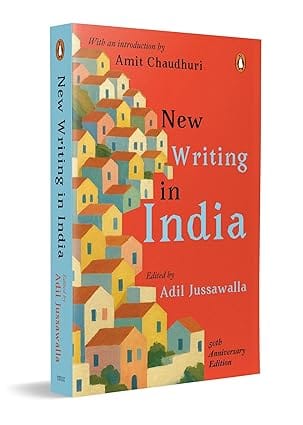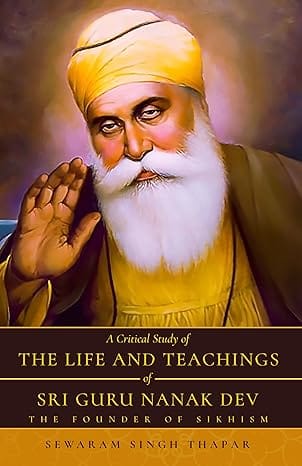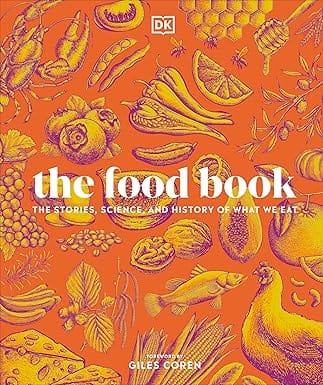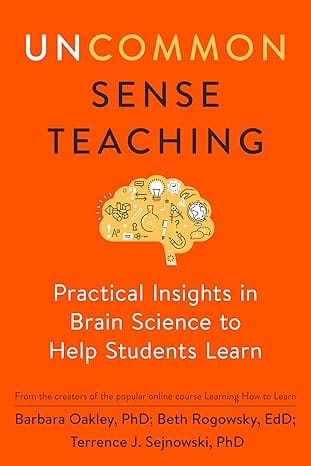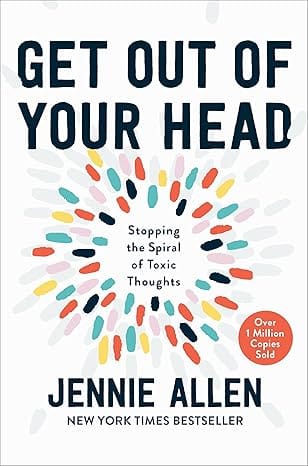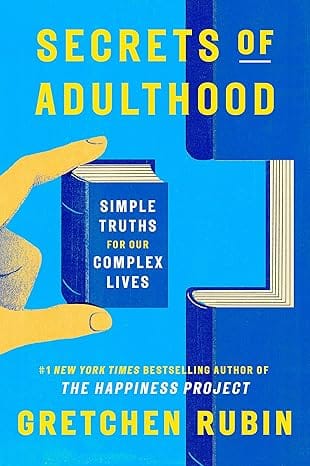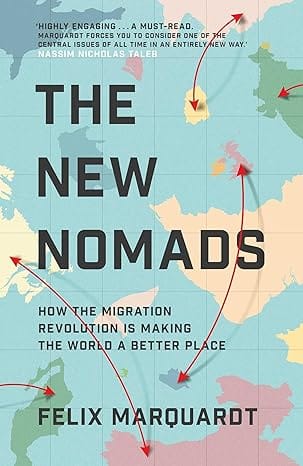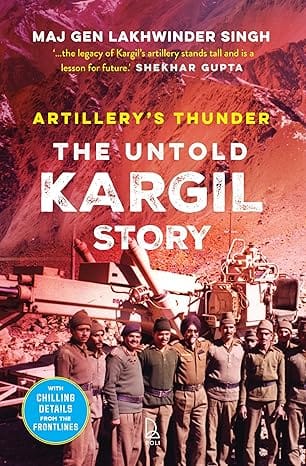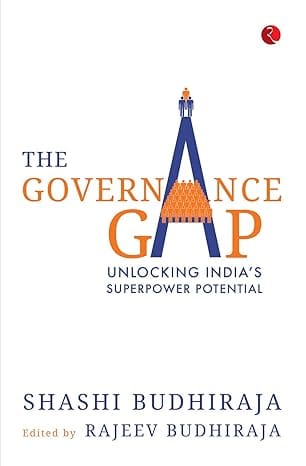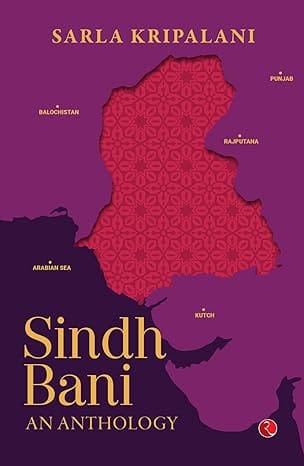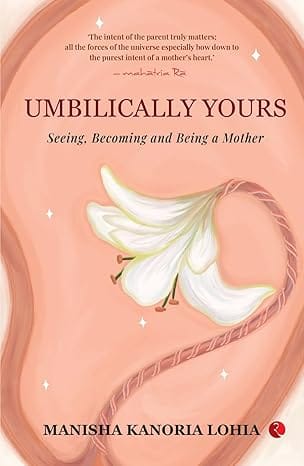- Non-ficton
- Non-ficton
- Contemporary Fiction
- Contemporary Fiction
- Children
- Children
- Comics & Graphic Novels
- Comics & Graphic Novels
- Non-Fiction
- Non-Fiction
- Fiction
- Fiction
Adil Jussawalla’s anthology of Indian writing was first published in 1974. Today, more than half a century later, it remains one of the landmarks of our literature, featuring writers from various Indian languages, including English, whose works have stood the test of time.
The book traces a map of what Jussawalla calls ‘literary and linguistic cross-currents’, through the writings of Nirmal Verma (Hindi), Sunil Gangopadhyay (Bengali), Bhalchandra Nemade (Marathi), P. Lankesh (Kannada) and Ashokamitran (Tamil), among other literary greats.
This anthology challenges the colonial notion of Indian literature as a collection of exotica as well as the terrible misconception that modern Indian writing is an inferior mimicry of Western forms. What we have here is a literary record that stands out for the originality of the voices it contains and yet underscores a set of shared themes and artistic concerns that galvanized these writers and brought them together.
When this book was first published, the pieces collected here were barely a decade old and hence were presented under the rubric of ‘New Indian Writing’ of the time. But as Amit Chaudhuri reminds us in his introduction to the anniversary edition, the term ‘new’ in the title is not merely a reference to recency but to a ‘self-replenishing, revolutionary’ quality that never diminishes in great literature.
Ezra Pound once said that literature is news that stays news. New Writing in India bears testament to those words and to the multifarious tradition of Indian writing.
About the Author
Poet and critic, Adil Jussawalla was born on 8 April 1940, in Mumbai and educated at Cathedral and John Connon School. He spent the years between 1957 and 1970 in England. He studied architecture at Architectural Association School of Architecture, London, 1957-58. Later, he earned a master’s degree in English at University of Oxford in 1964 and taught English at a language school until 1969. Thereafter, he returned to Mumbai becoming a lecturer in English language and literature at St. Xavier’s College, 1972-1975.
Jussawalla has been an Honorary Fellow at the International Writing Program in Iowa (1976). Subsequently, he served as the book review editor at The Indian Express from 1980-81 and literary editor of The Express Magazine in 1980-82. In 1987, he served as the literary editor for Debonair magazine where he was later promoted to editor in 1989, before he returned to his writing career. As a translator, he has translated several works by Gulam Mohammed Sheikh. He is also a co-founding member of “Clearing House”, a poet’s publishing co-operative.
He has written two books of poetry, Land’s End (1962) and Missing Person (1972); edited a seminal anthology New Writing in India (1974); and co-edited an anthology of Indian prose in English Statements (1977). Among his more recent works include: The Right Kind of Dog (201
- Home
- Non-Fiction
- New Writing In India
New Writing In India
SIZE GUIDE
- ISBN: 9780143478645
- Author: Adil Jussawalla
- Publisher: Penguin Vintage
- Pages: 340
- Format: Paperback
Book Description
Adil Jussawalla’s anthology of Indian writing was first published in 1974. Today, more than half a century later, it remains one of the landmarks of our literature, featuring writers from various Indian languages, including English, whose works have stood the test of time.
The book traces a map of what Jussawalla calls ‘literary and linguistic cross-currents’, through the writings of Nirmal Verma (Hindi), Sunil Gangopadhyay (Bengali), Bhalchandra Nemade (Marathi), P. Lankesh (Kannada) and Ashokamitran (Tamil), among other literary greats.
This anthology challenges the colonial notion of Indian literature as a collection of exotica as well as the terrible misconception that modern Indian writing is an inferior mimicry of Western forms. What we have here is a literary record that stands out for the originality of the voices it contains and yet underscores a set of shared themes and artistic concerns that galvanized these writers and brought them together.
When this book was first published, the pieces collected here were barely a decade old and hence were presented under the rubric of ‘New Indian Writing’ of the time. But as Amit Chaudhuri reminds us in his introduction to the anniversary edition, the term ‘new’ in the title is not merely a reference to recency but to a ‘self-replenishing, revolutionary’ quality that never diminishes in great literature.
Ezra Pound once said that literature is news that stays news. New Writing in India bears testament to those words and to the multifarious tradition of Indian writing.
About the Author
Poet and critic, Adil Jussawalla was born on 8 April 1940, in Mumbai and educated at Cathedral and John Connon School. He spent the years between 1957 and 1970 in England. He studied architecture at Architectural Association School of Architecture, London, 1957-58. Later, he earned a master’s degree in English at University of Oxford in 1964 and taught English at a language school until 1969. Thereafter, he returned to Mumbai becoming a lecturer in English language and literature at St. Xavier’s College, 1972-1975.
Jussawalla has been an Honorary Fellow at the International Writing Program in Iowa (1976). Subsequently, he served as the book review editor at The Indian Express from 1980-81 and literary editor of The Express Magazine in 1980-82. In 1987, he served as the literary editor for Debonair magazine where he was later promoted to editor in 1989, before he returned to his writing career. As a translator, he has translated several works by Gulam Mohammed Sheikh. He is also a co-founding member of “Clearing House”, a poet’s publishing co-operative.
He has written two books of poetry, Land’s End (1962) and Missing Person (1972); edited a seminal anthology New Writing in India (1974); and co-edited an anthology of Indian prose in English Statements (1977). Among his more recent works include: The Right Kind of Dog (201
User reviews
NEWSLETTER
Subscribe to get Email Updates!
Thanks for subscribing.
Your response has been recorded.

India's Iconic & Independent Book Store offering a vast selection of books across a variety of genres Since 1978.
"We Believe In The Power of Books" Our mission is to make books accessible to everyone, and to cultivate a culture of reading and learning. We strive to provide a wide range of books, from classic literature, sci-fi and fantasy, to graphic novels, biographies and self-help books, so that everyone can find something to read.
Whether you’re looking for your next great read, a gift for someone special, or just browsing, Midland is here to make your book-buying experience easy and enjoyable.
We are shipping pan India and across the world.
For Bulk Order / Corporate Gifting
 +91 9818282497 |
+91 9818282497 |  [email protected]
[email protected]
Click To Know More
INFORMATION
QUICK LINKS
ADDRESS
Shop No.20, Aurobindo Palace Market, Near Church, New Delhi

